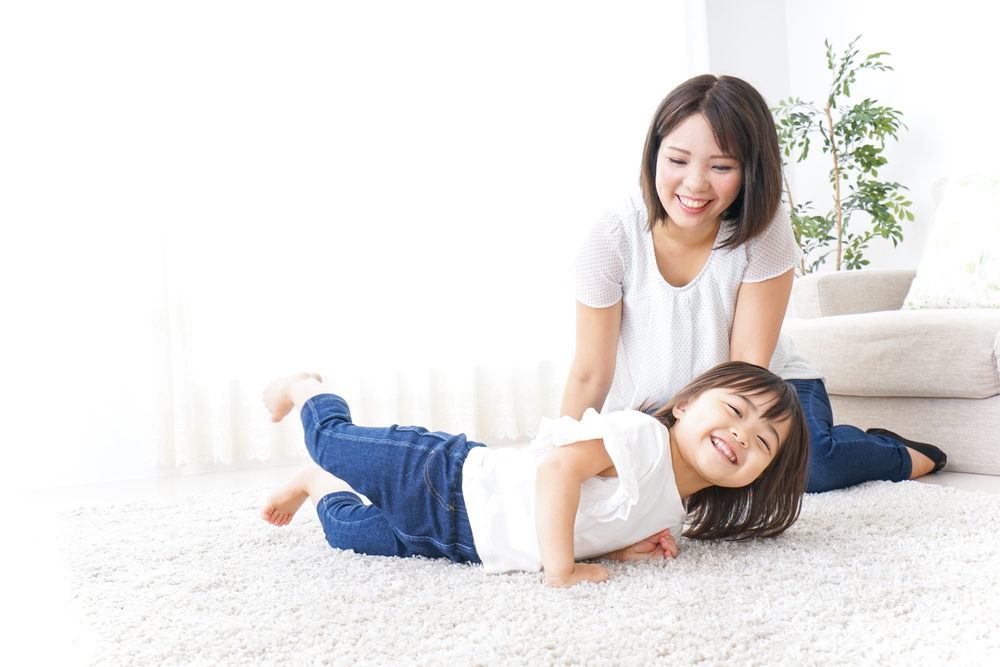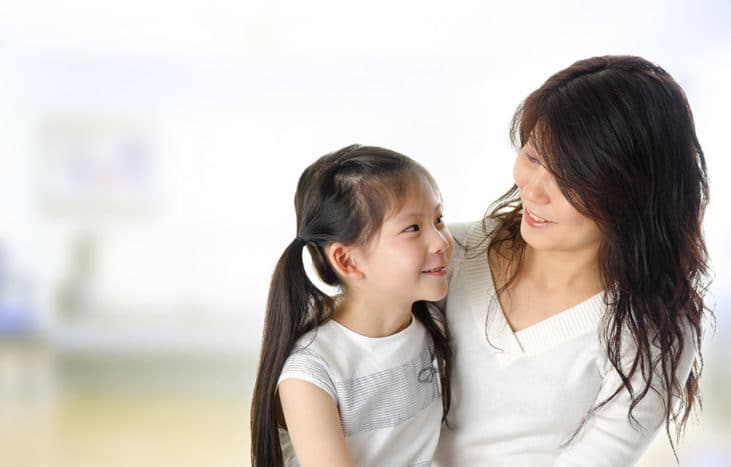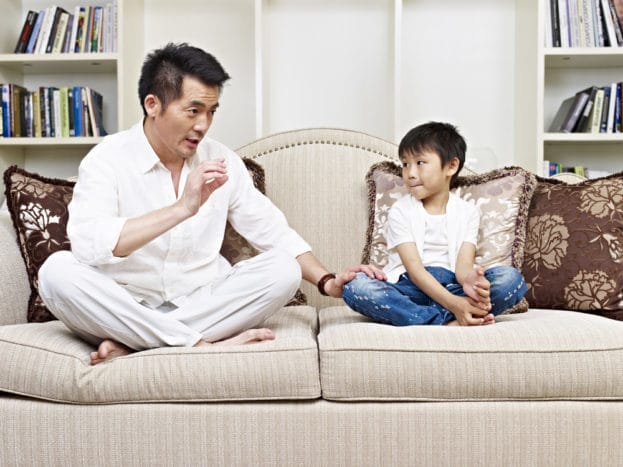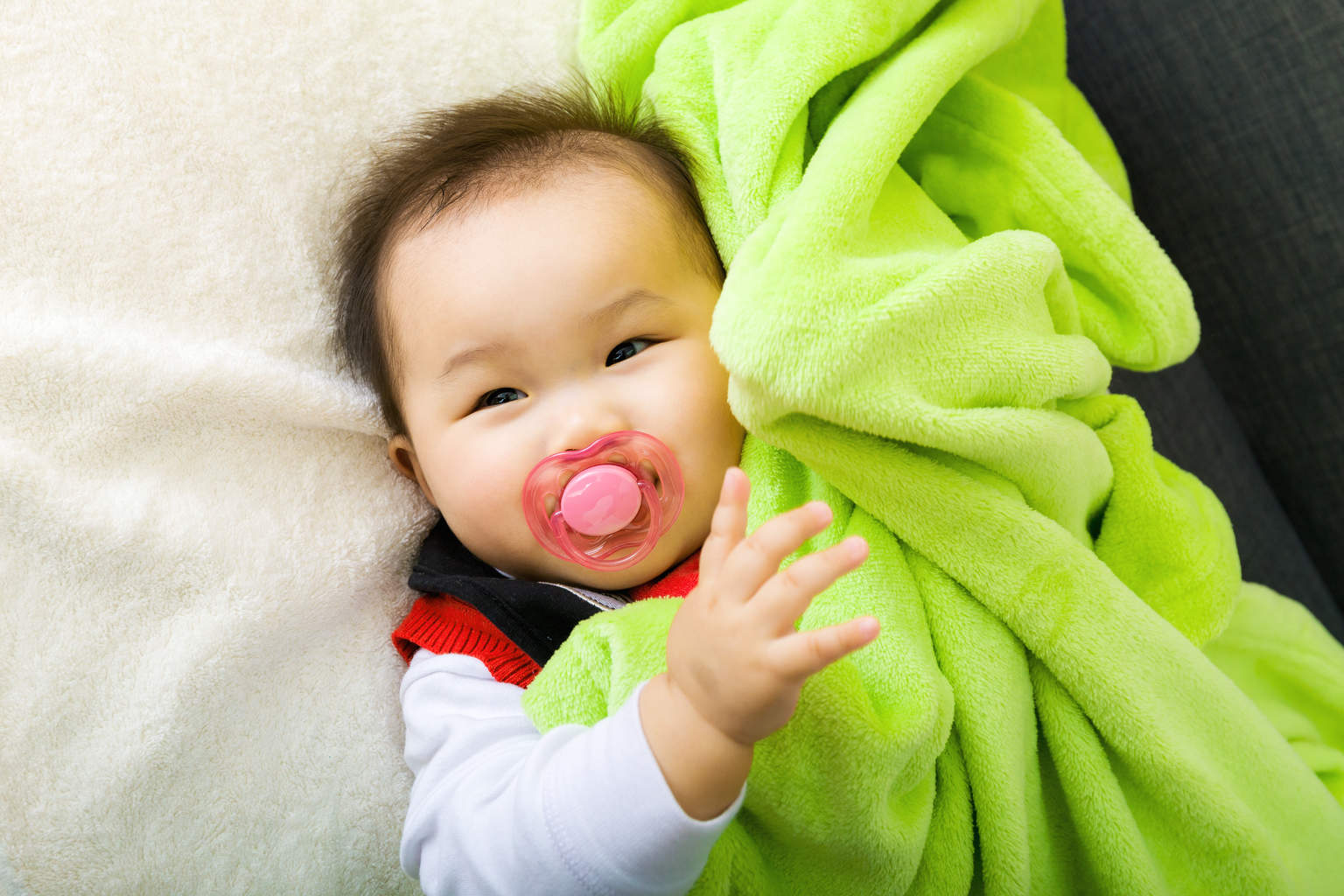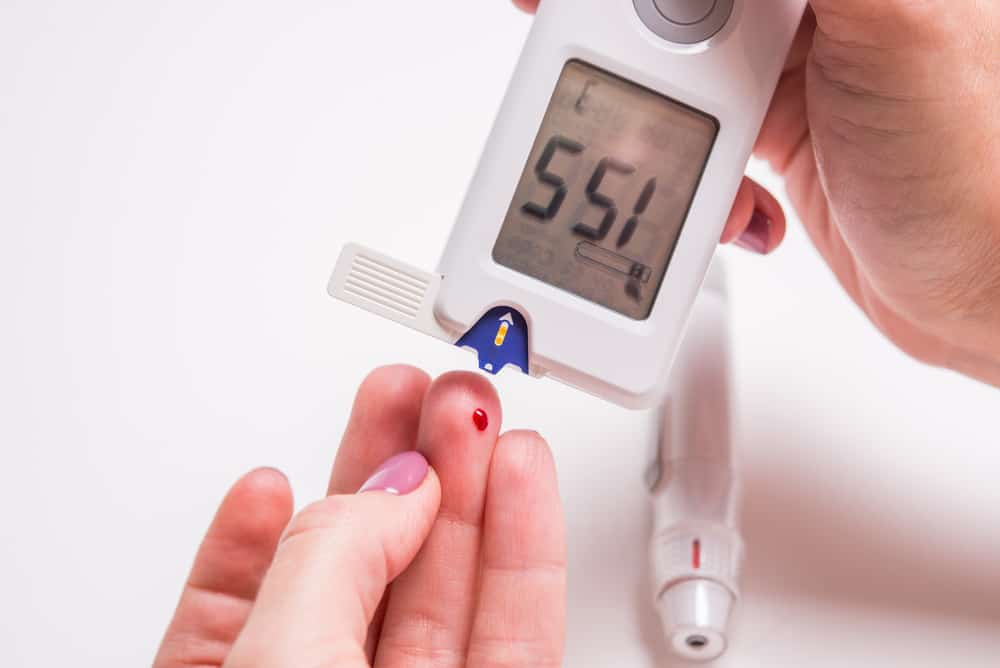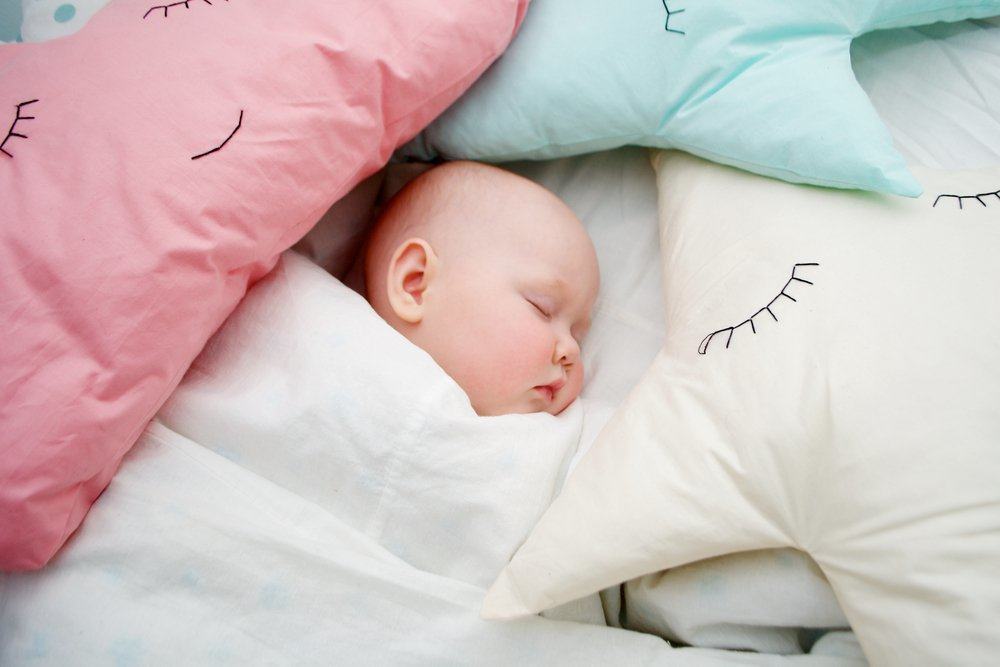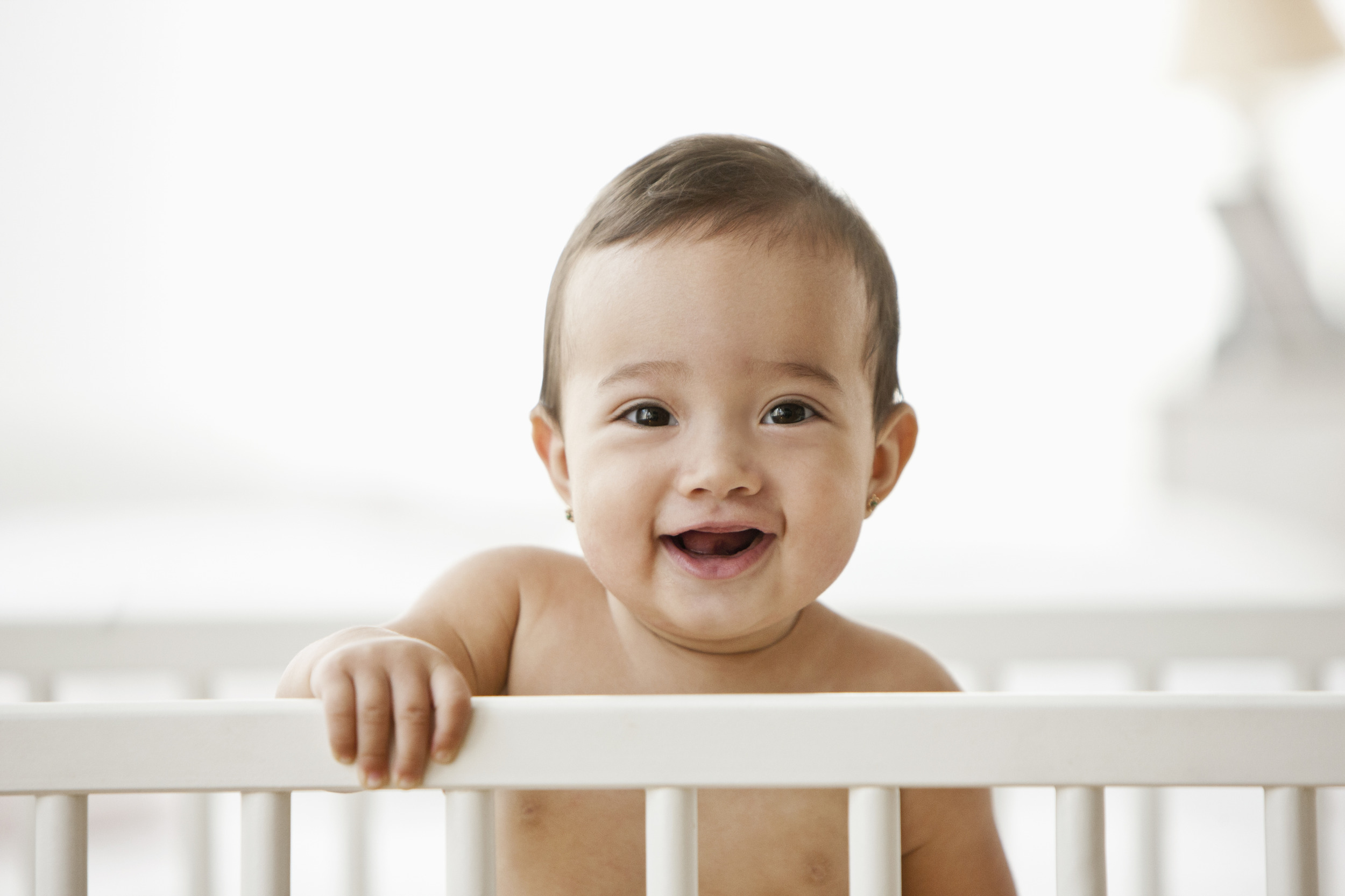Contents:
- Medical Video: Boost your brain power from these exercises of Yoga for SSC CGL, CHSL, Railway preparation
- Educate children to be able to control themselves
- 1. Teach children to understand various emotions
- 2. Teach children to solve problems
- 3. Notify behavior rules or restrictions
- 4. Become a role model for children
Medical Video: Boost your brain power from these exercises of Yoga for SSC CGL, CHSL, Railway preparation
Children who cannot control themselves properly must have problems in behaving. For example, a 6-year-old child who might hit or throw something if what he wants is not fulfilled. If not handled, the behavior will get worse with time. What should parents do so that children are able to control themselves? The following tips.
Educate children to be able to control themselves
Helping children to control themselves means training children to think before doing something. This action encourages children to be able to distinguish between good and bad behavior, which are appropriate and not appropriate.
Reporting from Live Strong, children can learn emotional control and think about the risk of an action between the ages of 2 to 5 years. Of course this will not be easy, so parents need to apply the following ways so that children are able to control themselves.
1. Teach children to understand various emotions
Children do not fully understand the various emotions they feel so they are still having difficulty managing their emotions. Most of the children who do not understand this usually tend to be impulsive aka acting without thinking.
For that, you need to teach children to recognize various kinds of emotions such as anger, fear, sadness, pleasure, annoyance, and so forth.
Then, tell the child that it's okay to feel angry, but it's not good to vent it by hitting or throwing something at someone else. You can say, "If you are angry, don't hit people, huh. Beaten it hurts. You not want, right, if you get sick? "
2. Teach children to solve problems
Teaching children to solve problems is the most appropriate way to control themselves. The way is to give children a moment to think and then decide what actions should be taken. You can teach this through games that involve body movements.
The game is quite simple, you only need to instruct the child to demonstrate the movements of animals for example, according to the music. But when the music stops, the child's movement must stop or freeze on the last motion that was demonstrated.
You don't need to worry if you can't do this game. Many preschool education develops it, so you only need to watch. Although it looks simple, it turns out this game can increase dopamine, norepinephrine, and serotonin in the brain which helps children to focus so as to reduce hyperactive and impulsive actions.
3. Notify behavior rules or restrictions
Notifying children of certain rules can help children think first in doing something. However, don't forget that you must explain the rule. Why are the rules made and what are the risks if they violate.
For example, it is not permissible to dispose of litter because the garbage can pollute the environment and become a source of disease. Also give appreciation, in the form of praise or a small gift if the child obeys the rules and does good.
4. Become a role model for children
Children learn everything from those around them, especially you as their parents. Providing examples of good behavior will hone a child's ability to decide on an action.
Show each problem you face and how to solve the solution. For example, you are disappointed because the child does not want to spend his food. Invite the child to talk carefully, do not be immediately scolded or yelled at because later the child will imitate. Accompany the child to spend his meal, even though it takes a long time. Without your realizing it, children will naturally follow what you do.

